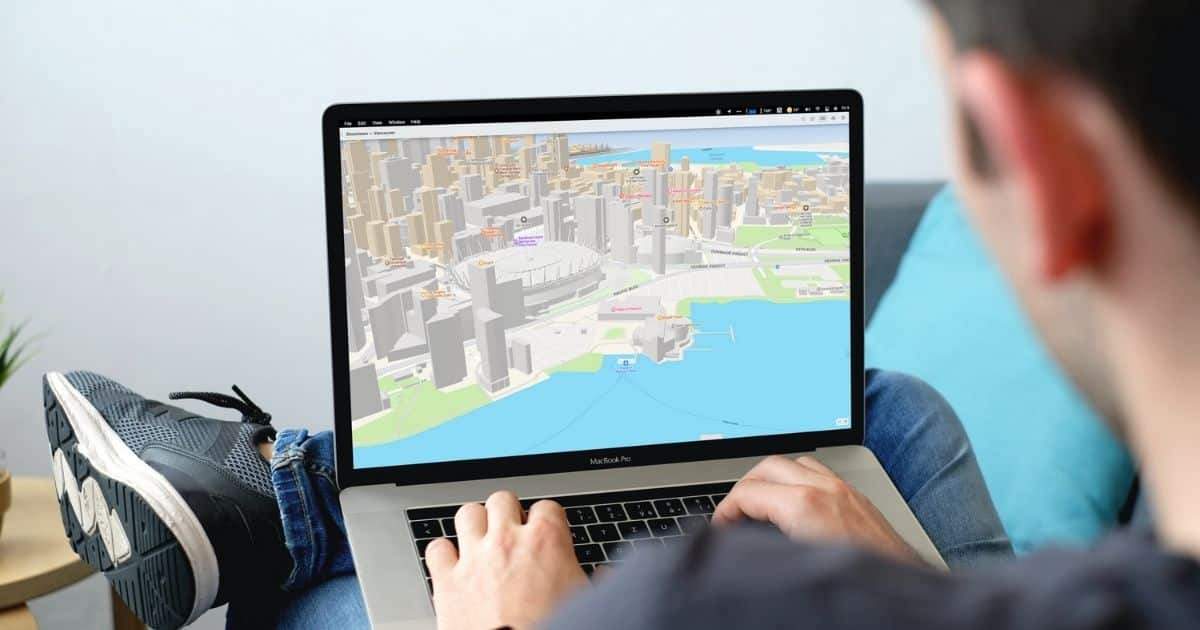Apple on Thursday announced new features of Apple Maps that begin rolling out to three cities in Canada. The new Apple Maps experience includes 3D City View and enhanced navigation among other new features.
3D Landmarks, 3D Views, Curated Guides, and More New Features for Canadian Apple Maps Users
The new Apple Maps features were already available in Los Angeles, New York, San Francisco, and London. Apple rolled it out in those cities together with iOS 15. This time around it will be rolled out to Montreal, Toronto, and Vancouver. Some of the 3D landmarks that Canadians will see include Biosphere in Montreal, City Hall of Toronto, and BC Place Stadium in Vancouver.
Aside from the 3D landmarks, Apple Maps now have more road details to help Canadian drivers navigate cities easily. Apple Maps will display turn lanes, medians, bus, and taxi lanes and crosswalks more clearly than before. This will make it easier to navigate busy intersections.
Pedestrians will also enjoy some new Apple Maps features. These include better immersive walking directions that use augmented reality, enhanced traffic updates, cycling directions, and curated guides.
Cycling directions are currently available only in Montreal. This feature will be useful for cyclists in the said city as it shows ride elevation, current city condition, and even when there are stairs along the cyclist’s route. Since Apple Maps work with the Apple Watch, cyclists will be able to focus more on their path ahead. The Apple Watch will provide voice guidance along the way.
Curated guides would be a useful feature as it gives recommendations from respected Canadian brands as well as global brands. Users can also save the curated guides. Apple Maps will update it when new places are added.
Useful Apple Maps Features with Enhanced Privacy Control
“We’re excited for Apple Maps users to explore the beauty and culture of Montreal, Toronto, and Vancouver in an incredibly detailed new way,” said Eddy Cue, Apple’s senior vice president of Services.
He also noted that Apple Maps has privacy at its core.
Any data collected by Maps while using the app, including search terms, navigation routing, and traffic information, is associated with random identifiers that regularly reset to prevent connecting search and location data stored on the server to a unique user.
